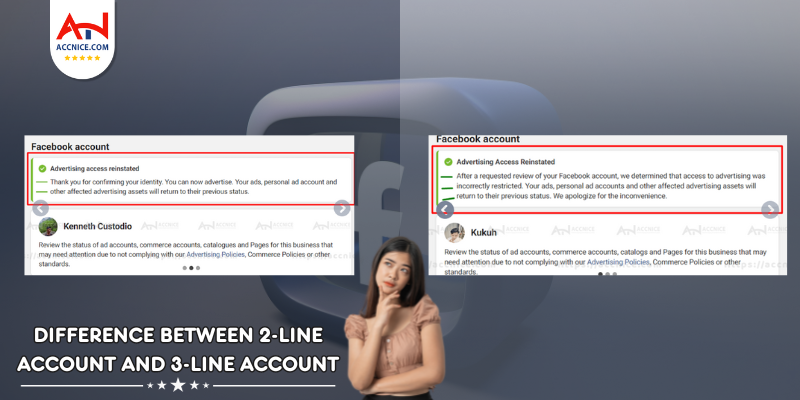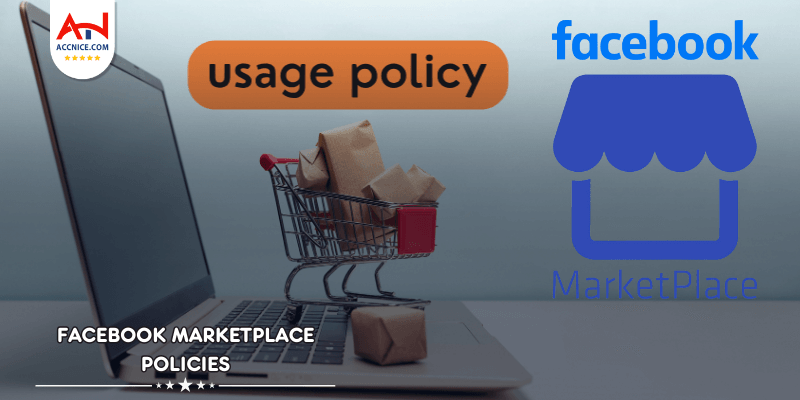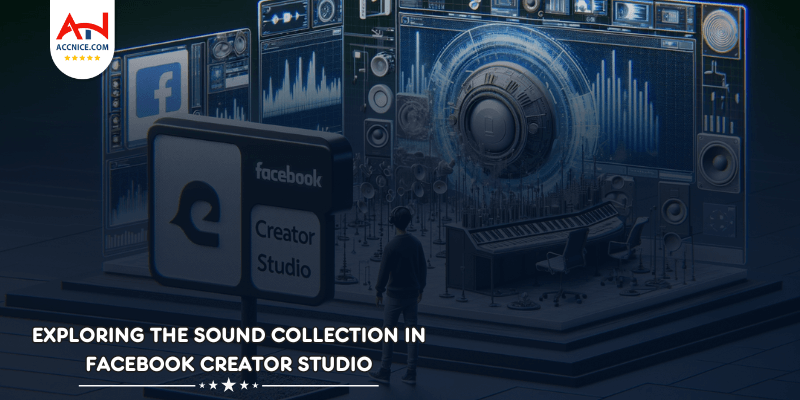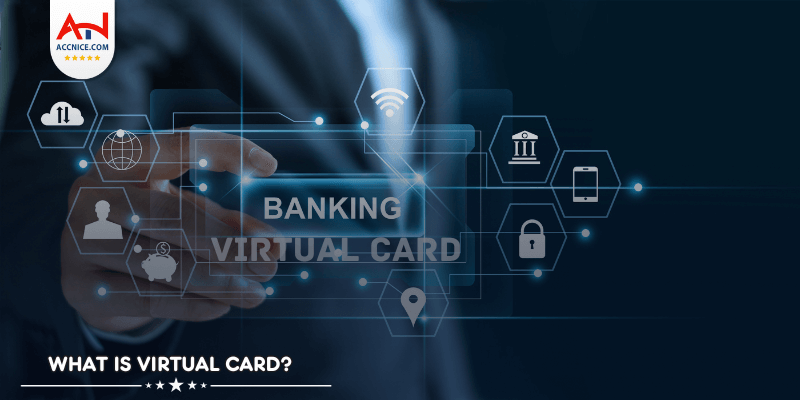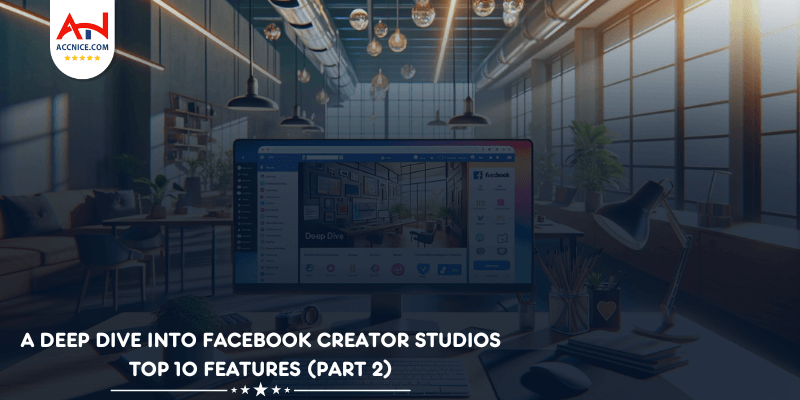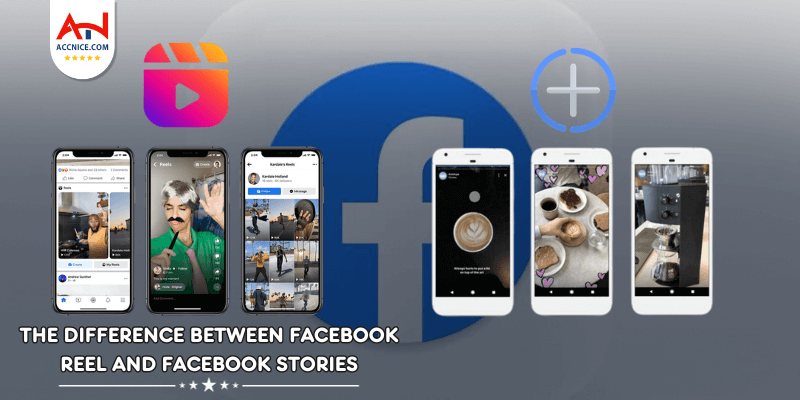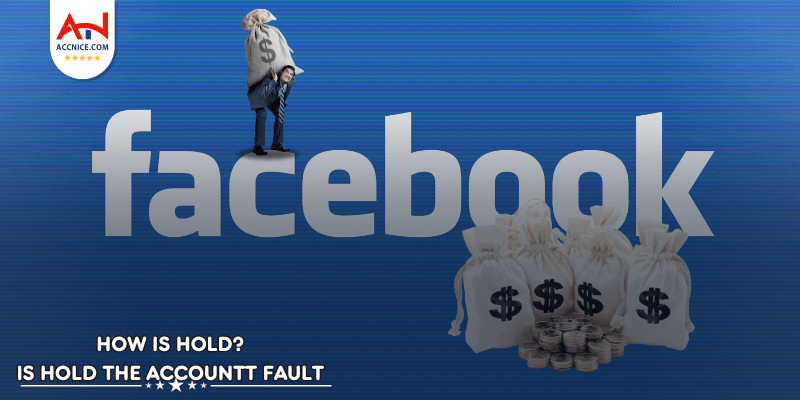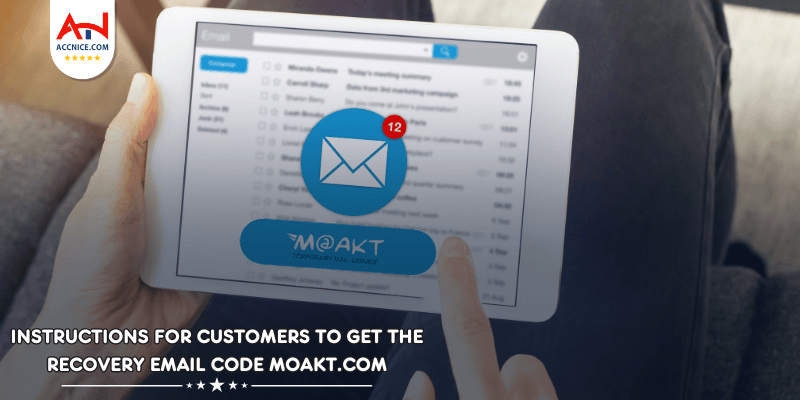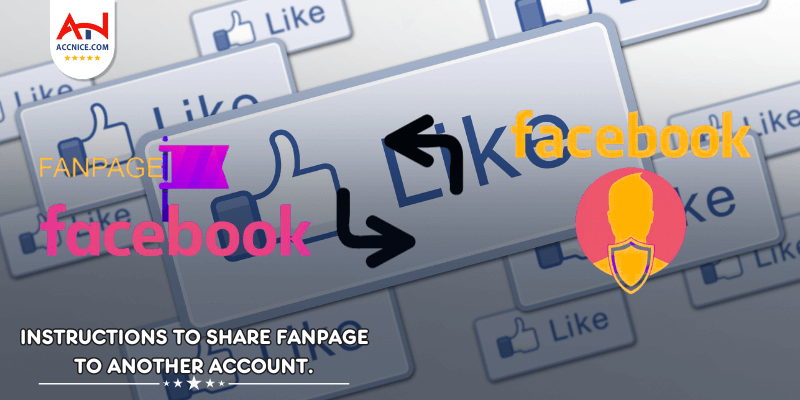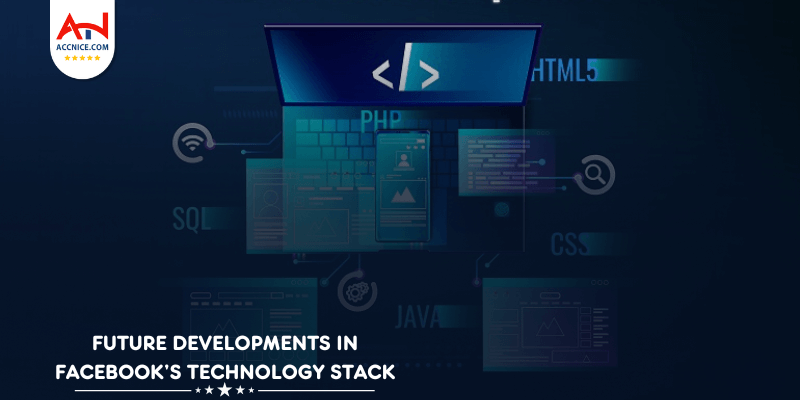
Facebook has always been at the forefront of technological innovation, continually pushing the boundaries of what is possible in the digital realm. In this article, Accnice will help us explore potential future developments across Facebook's technology stack, looking at how these advancements could shape the landscape for developers and businesses alike. how.

Facebook has made substantial investments in AI and ML technologies with the aim of enriching user experiences and refining its platform. Looking ahead, Facebook envisions deploying more advanced AI algorithms for tasks such as content moderation, personalized content recommendations, and augmented reality (AR) applications. These advancements hold the potential to revolutionize various aspects of businesses' operations on the platform.
For instance, by leveraging AI and ML, businesses can deliver highly targeted advertisements to their desired audience segments, thus maximizing the effectiveness of their marketing campaigns. Additionally, AI-powered chatbots can enhance customer service by providing timely and relevant support to users, leading to increased satisfaction and retention rates. Moreover, the deeper insights gleaned from user data analysis facilitated by AI and ML algorithms enable businesses to make more informed decisions and tailor their strategies to better meet the needs and preferences of their target audience.
Overall, Facebook's ongoing investments in AI and ML technologies underscore its commitment to continuously improving user experiences and empowering businesses to thrive in the digital landscape. These advancements are poised to drive innovation, efficiency, and competitiveness across various sectors, paving the way for a more dynamic and personalized online ecosystem.
Facebook's acquisition of Oculus VR signifies its strategic focus on exploring the vast potential of virtual reality (VR) and augmented reality (AR) technologies. Moving forward, Facebook aims to integrate VR and AR seamlessly into the social media experience, providing users with immersive interactions in virtual environments. This integration could revolutionize how people connect and engage online, offering novel ways to share experiences and create meaningful connections.
Moreover, businesses stand to benefit significantly from the adoption of VR and AR technologies. These immersive platforms provide unique opportunities for companies to host virtual events, conduct product demonstrations, and launch interactive advertising campaigns. By leveraging VR and AR, businesses can create engaging and memorable experiences for their target audience, driving brand awareness, customer engagement, and ultimately, sales.
Overall, Facebook's foray into VR and AR technologies represents a paradigm shift in how we perceive and interact with digital content. As these technologies continue to evolve and mature, they hold the potential to reshape various industries and unlock new opportunities for innovation and growth.
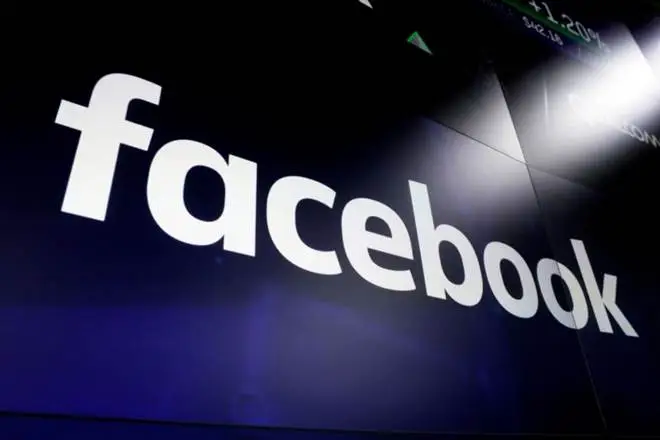
Facebook's entry into the realm of cryptocurrency, initially known as Libra and later rebranded as Diem, underscores the company's keen interest in exploring the potential of blockchain technology. Looking ahead, Facebook may further delve into blockchain integration, leveraging its capabilities for various purposes such as secure authentication, digital identity management, and the development of decentralized applications (DApps).
The integration of blockchain technology offers numerous benefits for businesses across diverse sectors. For instance, blockchain can enhance supply chain transparency by providing a tamper-proof record of transactions and product origins. Additionally, businesses can leverage blockchain for secure and efficient transactions, mitigating the risks associated with traditional payment methods. Furthermore, blockchain opens up possibilities for innovative payment solutions and financial services, offering greater accessibility and inclusivity for individuals worldwide.
As Facebook continues to explore the applications of blockchain and cryptocurrency, businesses stand to gain from the adoption of these technologies. By embracing blockchain-based solutions, companies can streamline operations, enhance security, and unlock new opportunities for growth and innovation in an increasingly digitalized world.

In envisioning the future, the trajectory of Facebook's technological advancements suggests a realm of possibilities for significantly enhancing user experiences. Through the integration of emerging technologies, such as augmented reality (AR), virtual reality (VR), and artificial intelligence (AI), the platform could revolutionize how users interact with content and each other.
Imagine a scenario where users don AR glasses or utilize VR headsets to seamlessly immerse themselves in a virtual world tailored to their preferences. With AI-driven algorithms, Facebook could curate content and recommendations with unprecedented precision, catering to individual tastes and interests. This level of personalization not only fosters deeper engagement but also cultivates a sense of connection and belonging within the platform's community.
For businesses, this translates into a unique opportunity to redefine customer engagement. By harnessing Facebook's advanced features, companies can craft highly interactive and personalized experiences for their target audience. Whether it's through immersive advertisements, interactive showcases, or AI-powered customer support, brands can forge deeper connections and foster brand loyalty in ways previously unimaginable.
In essence, Facebook's future technologies hold the promise of transcending traditional boundaries, ushering in a new era of user experiences that are not only immersive and personalized but also profoundly transformative for businesses and individuals alike.
The advent of cutting-edge technologies not only revolutionizes user experiences but also presents a plethora of opportunities for Facebook and businesses to diversify their revenue streams. As the platform delves deeper into innovations like virtual reality (VR), blockchain, and subscription models, it lays the groundwork for lucrative monetization avenues that transcend traditional advertising.
One potential revenue stream lies in the realm of virtual spaces. With the proliferation of VR technology, Facebook could capitalize on the creation of immersive virtual environments that serve as advertising platforms. Imagine walking through a digital replica of a bustling city, where billboards and storefronts showcase targeted advertisements tailored to users' preferences and behaviors. By offering businesses the opportunity to advertise in these virtual realms, Facebook opens up a new frontier for monetization while delivering highly engaging and interactive promotional experiences.
Furthermore, the integration of blockchain technology holds promise for generating revenue through transaction fees. As Facebook explores decentralized applications and digital currencies, it could facilitate peer-to-peer transactions within its ecosystem, charging nominal fees for each transaction conducted. Whether it's facilitating e-commerce transactions, micropayments for digital content, or even remittances, the platform stands to benefit from a steady stream of revenue derived from transactional activities.
Additionally, the implementation of subscription models for premium VR content presents another avenue for monetization. With the rise of VR gaming, immersive storytelling experiences, and virtual events, users may be willing to pay for exclusive access to high-quality content. By offering subscription packages that grant access to premium VR experiences, Facebook not only generates recurring revenue but also incentivizes users to invest in the platform for enhanced entertainment and social interactions.
In essence, the convergence of emerging technologies heralds a new era of revenue generation for Facebook and its ecosystem of businesses. By capitalizing on virtual spaces, blockchain transactions, and subscription models, the platform can diversify its revenue streams while delivering value-added experiences to users and advertisers alike.
As Facebook continues to push the boundaries of technological innovation, it inevitably catalyzes a ripple effect throughout its developer ecosystem. The introduction of new technologies, frameworks, and libraries not only presents developers with exciting opportunities but also necessitates continuous adaptation and upskilling to remain competitive in an ever-evolving landscape.
With each iteration of Facebook's technology stack, developers are challenged to expand their skill sets and embrace emerging trends. Whether it's mastering the intricacies of AI-powered algorithms, delving into the intricacies of virtual and augmented reality development, or navigating the complexities of blockchain integration, developers must stay attuned to the latest advancements to remain relevant.
Moreover, as Facebook fosters an environment of experimentation and innovation, developers are empowered to explore new possibilities and push the boundaries of what's possible. Through hackathons, developer conferences, and collaborative initiatives, the platform cultivates a vibrant ecosystem where creativity thrives and breakthroughs emerge.
For developers who rise to the occasion, the rewards are substantial. By leveraging Facebook's cutting-edge technologies and developer tools, they can pioneer groundbreaking solutions, unlock new revenue streams, and position themselves as leaders in their respective fields. Whether it's developing immersive VR experiences, creating AI-driven chatbots, or building decentralized applications on the blockchain, the opportunities for innovation are virtually limitless.
Conclusion:
In conclusion, the trajectory of Facebook's technology roadmap not only shapes the future of the platform itself but also profoundly impacts the developer ecosystem that surrounds it. As Facebook ventures into uncharted territory with AI, VR/AR, and blockchain, developers are presented with a fertile ground for exploration and innovation.
Those who embrace these emerging technologies, adapt to evolving trends, and continuously hone their skills will be well-positioned to capitalize on the myriad opportunities that lie ahead. Whether they're independent developers, startup founders, or employees of larger enterprises, staying abreast of Facebook's technological advancements is paramount to success in the digital age.
In essence, the symbiotic relationship between Facebook and its developer community fuels a cycle of innovation and growth, driving forward the boundaries of what's possible in the ever-expanding digital landscape. As businesses navigate this terrain, those who align their strategies with Facebook's evolving technology stack will not only survive but thrive in an era defined by rapid change and relentless innovation.
For more insights and updates on effective social media strategies, make sure to follow Accnice and our tutorial blog, where we share the latest and most effective content marketing tips.

